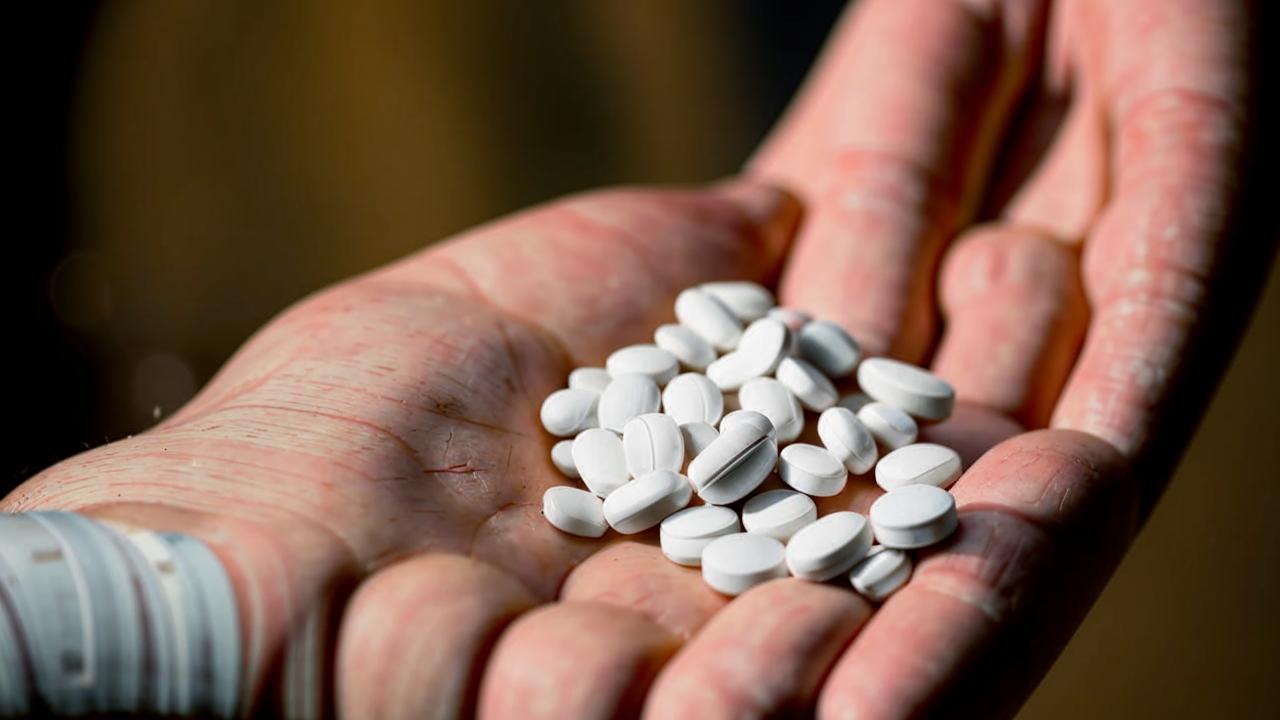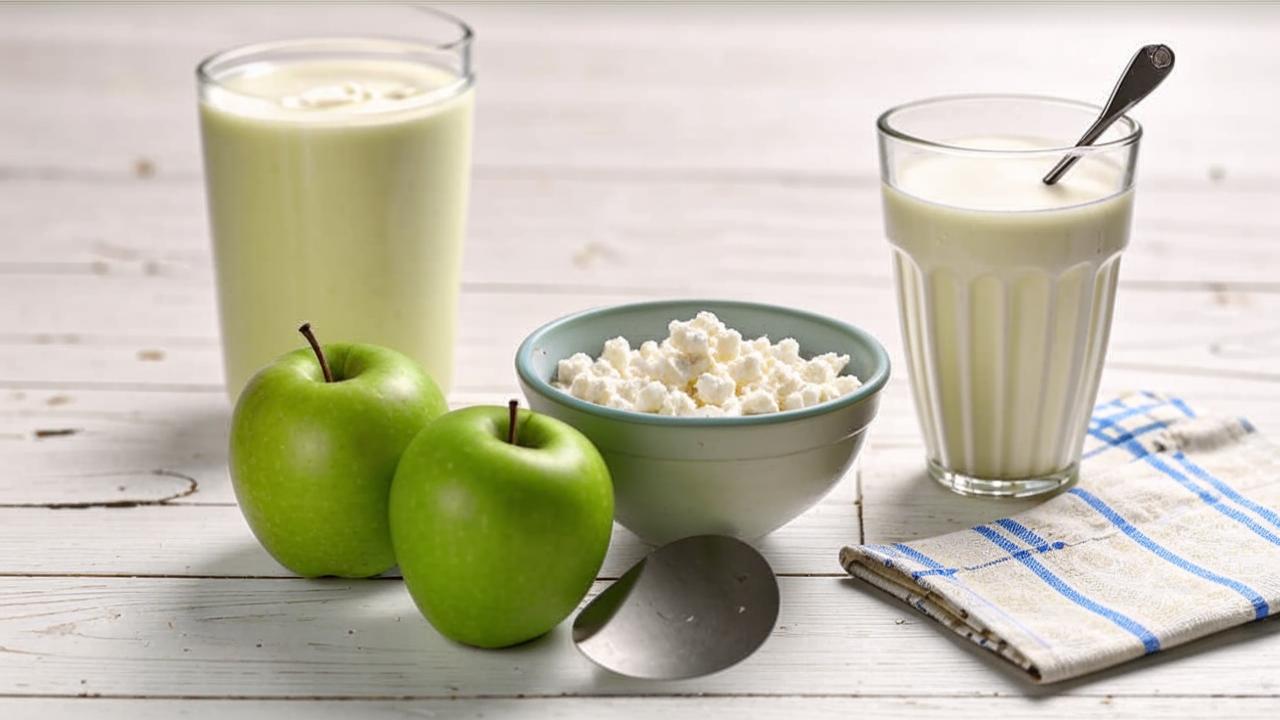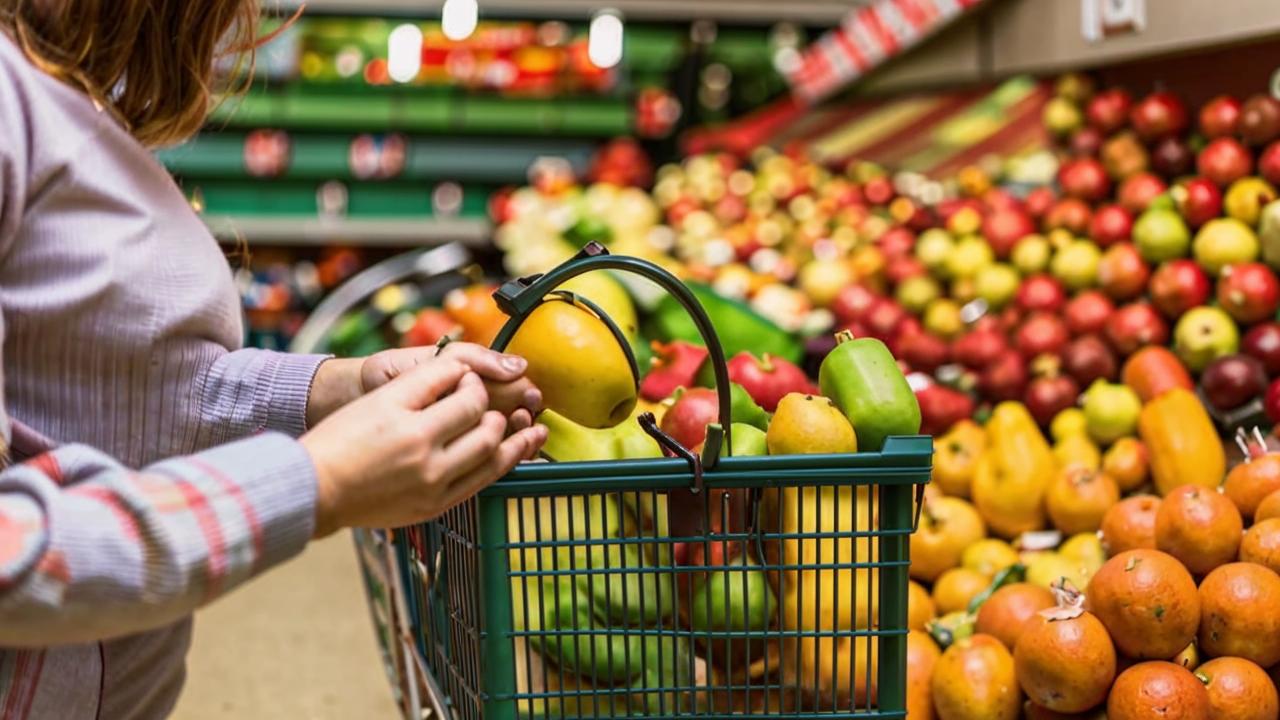Nutritionists call the gut the second brain, although it is more like a densely populated metropolis. It is home to almost 100 billion bacteria. Most of them are poorly studied, some of them are only harmful to the body, but there is at least one very important species that affects the work of the whole body. These are probiotics.
What are pro- and prebiotics and why does the body need them?
Probiotics are beneficial bacteria that live in the gut and maintain a normal microflora in it. What this means: They help digest food and fight pathogenic – harmful – bacteria. This includes Helicobacter pylori, which causes stomach ulcers and gastritis.
A study by German microbiologist Julia Enders describes how probiotics care for intestinal villi, moisturizing them with fatty acids like a balm. Working in harmony with immune cells, bacteria give the body important signals: how much of the protective substrate – defensins – to secrete, how to react to different microbes, and so on. They also eliminate abdominal bloating, colic and positively affect the absorption of vitamins. To this group of microorganisms include, for example, bifido- and lactobacilli.

Nutriciologist and biochemist Svetlana Alliyarova told in her “instagram” that the work of the intestine has a direct and indirect impact on the entire human body. Even when we are not aware of it.
Svetlana: The intestine is the biggest trickster in the body, which manages to remain unnoticed, being in plain sight. In fact, it is responsible for most of the body’s activities, even vitamin absorption. Let us look at the situation of the B vitamins as an illustration. These vitamins are the most representative example of nutrients whose absorption depends on the activity of the bacteria that the body needs to perform functions such as producing red blood cells in the bone marrow, performing chemical reactions necessary for the detoxification process in the liver, and releasing neurotransmitters within nerve cells. In the absence of healthy microflora in the gut, the body is unable to effectively absorb essential B vitamins, which in turn interferes with vital functions.
Prebiotics create a comfortable environment for probiotics to grow and multiply. Both of these helpers are important to humans. They closely monitor that the intestines work smoothly. If you didn’t wash your hands properly before dinner and an infectious agent gets into your body, pre and probiotics will fight it right away.
Where to look for beneficial bacteria?
Probiotics are found in special medicines, as well as in some foods. Most notably, fermented dairy products:
- sour milk;
- yogurt;
- soft cheeses (mozzarella, feta, suluguni, etc.);
- cottage cheese;
- kefir, etc.

Thanks to bacteria, they and acquire a specific flavor. Microorganisms process the useful substances in the food and release acid, which extends the shelf life. This process is called fermentation. The same thing happens in sourdough and soy-based dishes:
- In fermented vegetables (cabbage, cucumbers, etc.);
- homemade kvass;
- green olives;
- soy sauce;
- tea mushroom (kombucha).
It is important to remember that heat treatment ruins probiotics, so cheesecakes, for example, do not contain them, even though they are made from cottage cheese.
Prebiotics are also found in dairy products. Also in cereals, legumes (including cocoa), corn, bananas, apples, asparagus, seaweed, garlic and onions.

It is equally important to include small amounts of ballast fiber in your diet. These are fibers that are not amenable to intestinal enzymes and are processed mainly by microflora. These include, for example, vegetables – bacteria love them. But fast food, various flavor enhancers, fatty, spicy foods and stress suppress the growth of valuable microorganisms.
Excess probiotics have side effects
Pre- and probiotics as part of medications are usually prescribed when there is a serious imbalance of bacteria in the gut. For example, after taking antibiotics, irritable bowel syndrome, acne, infectious diarrhea.
Such drugs can be taken only after consultation with a doctor, otherwise you risk further changing the ratio of pathogenic and non-pathogenic microbes.
Particularly careful you need to be with remedies that contain only one strain of bacteria.
Svetlana: A long occupation with one type of probiotic can harm your microbiome by preventing other strains from developing. It will just take up all the space, this can even cause allergies later on. Ideally, several species should live in your gut and no one should dominate!

Also, do not change your diet drastically and thoroughly to include all kinds of probiotics: this can lead to bloating and other digestive disorders. Each intestine is different, and it may not be suitable for certain foods. It is important to listen to your body and remember to eat a balanced diet.





